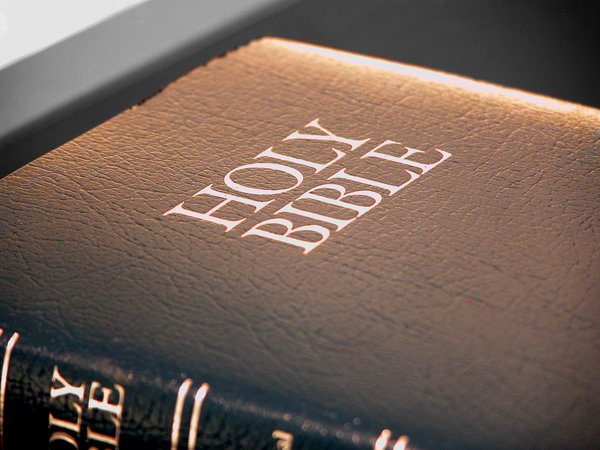Is God Dead?

October 12, 2015
On April 8th, 1966, TIME Magazine posted a cover page of a black background with blood red lettering asking a direct question: “Is God Dead?” The answer in 1966 was a very vocal “No.” But today, in 2015? He just might be.
Religion, belief, personal ideals and thoughts on the meaning of life and what may happen before and after death is a topic that has been debated for thousands of years, likely still for a thousand more. Or will it? Recent national censuses from the United States, Canada, Ireland, and the United Kingdom, as well as independent studies point to a declining rate of religious belief and conviction among those of all ages.
A 2010 Pew Research Center study found that the rates of religious affiliation among young adults in-particular was declining decade by decade. What started as only 13 percent of 18-year-old to 29-year-old declaring themselves as ‘unaffiliated’ or ‘atheist’ or ‘agnostic’ in the 1980’s grew to 20 percent by the 1990, and is currently sitting at 25 percent for those born into the “millennials”– or those born after 1980. Furthermore a follow-up study in 2014 found the status had reached a third of adults under 30 years of age. The surge is not as pronounced when looking at the total population, wherein 6 percent describe themselves as atheist and 14 percent declare themselves as unaffiliated, though it is still a growing movement.
The shrinking religiosity is felt nation-wide as well in in smaller communities such as California, Pennsylvania. Kim Wilson, the leading minister for New Life Ministry– an on- campus worship group for California University students. Since its inception 5-years-ago it has grown steadily year after year, but even she feels and sees a shrinking base, more and more come from non-religious homes, she says. Wilson believes that the shrinking base can be attributed to two things in particular: The growing amoral-tolerance in the form of movies like Fifty Shades Of Grey, as well as the viewed hypocrisy that is prevalent due to groups such as the Westboro Baptist Church or the recent Catholic Church scandals.
Wilson partially credits the growing base at New Life, in light of the shrinking religiosity nationwide, as a return to more close-knit community based churches rather than larger, establishment style churches. Religion, Wilson believes, will continue on for quite a while but it will return to be something more personal and more about the individual than about the group. Pew Research seems to agree with her, stating:
“With few exceptions, though, the unaffiliated say they are not looking for a religion that would be right for them. Overwhelmingly, they think that religious organizations are too concerned with money and power, too focused on rules and too involved in politics.”
Another possible reason for the growing detachment from organized faith is partially due to a separation of beliefs from the church and holy texts, and their personal opinions. Pew Research Center found in their 2014 study that among the religious unaffiliated 72% support legal abortions, and 73% support marriage-equality– two things that go directly against traditional religious doctrines, and are both topics of extensive discussion over the last two decades.
For Sandra Maier, a student of Kendall College in Illinois, and someone who identifies as bisexual, the hypocrisy and out-of-sync views are her biggest complaint with the church, despite coming from a deeply religious family.
“How can I support a group that tells me to be myself, but will damn me to hell for doing so?” She says. For her, religious belief comes in the form of Omnism– or a belief and respect for all religions of the world. For Maier, the absolute, literal readings of the people were something that lost its touch centuries ago, to take them literally in this day and age is nothing more than a mistake.
“I think that’s the big challenge for religion,” Shaffer says, agreeing with Maier’s assessment. “It’s something that theologians of any generation have struggled with: how do we create a spirituality that is still relevant? How do we update religion?”





